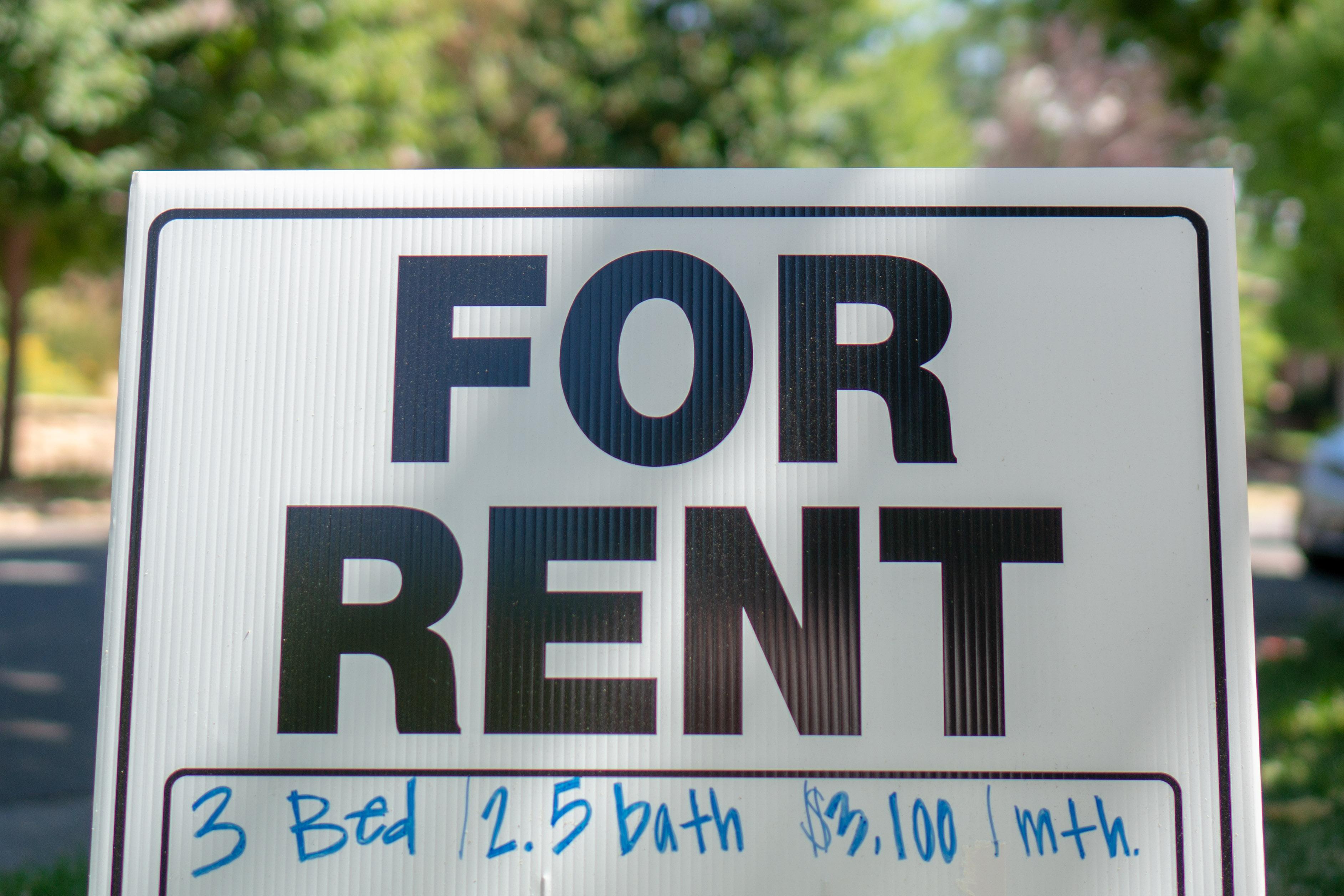
Gov. Jared Polis is poised to let Colorado’s moratorium on evictions expire on New Year’s Eve, about six weeks after he created it, allowing certain evictions to resume in the new year.
A federal moratorium on evictions will continue through January, banning landlords from removing tenants in many cases. But for the last couple months, Colorado renters have had extra protections in scenarios that weren’t covered by the national policy, thanks to an order from Polis.
In a statement, Polis’ office said that an influx of housing aid and other relief money may be enough to reduce the need for those extra protections.
With the state policy expiring:
- Colorado landlords can once again take renters to court and ask a judge to determine whether or not they qualify for the federal protections. The federal protections are available for people who attest that they’ve tried to get help with rent, make less than $99,000 per year for an individual, have been financially affected by COVID-19 and face potential homelessness. Different courts and judges may handle these cases differently. Tenants who don’t show up to a court hearing can be evicted by default, even if they qualify for protections.
- Landlords can move to evict people whose leases have expired. This means, for example, that landlords could refuse to renew a month-to-month lease.
- Landlords can obtain eviction orders that can be carried out later. Even if someone is protected by the federal moratorium, a judge could grant an eviction that would be carried out as soon as the federal moratorium expires, according to Javier Mabrey of the Colorado-based COVID-19 Eviction Defense Project.
Mabrey’s group provides free legal help for people facing evictions. Before Polis added the extra state protections in October, Mabrey said, the group was seeing “hundreds” of eviction cases in scenarios that weren’t covered by the federal policy. Now he worries that those cases will resume.
The change will be one of several that Polis has made on eviction protections during the pandemic. Some have been big — Polis ordered an eviction moratorium early in the pandemic and then allowed it to lapse, only to order another, different one months later.
“The constant shifting landscape has confused tenants and the real danger here is that tenants are getting conflicting messages and they believe that they are protected when they are not. The result is people don’t show up to court, they don’t respond to court papers,” Mabrey said.
Polis has described his intention as trying to balance the needs of renters with those of landlords, who must be able to pay their own mortgages or risk foreclosure. In a statement, his office suggested that the need for a state eviction policy is changing with the arrival of new aid money.
“With Congressional action and the resources coming to Colorado from the federal bill, coupled with the state resources provided through the recent special session, we are reviewing whether any further administrative actions are necessary,” read the statement provided by spokesperson Victoria Graham.
“Ultimately, the most important thing is for people to be able to keep up with their bills to stay in their homes, and this infusion of resources will assist renters and homeowners.”
The state is due for an infusion from the federal stimulus package that could total hundreds of millions of dollars for its housing assistance. That is significantly more money than the state has spent on housing relief throughout the pandemic.
Mabrey, however, believes it’s better to keep the eviction moratorium in place, in order to encourage landlords to wait for relief money instead of moving to evict.
The Colorado Apartment Association, one of the biggest groups representing rental property owners, has argued that landlords generally pursue eviction only as a last resort. Earlier in December, general counsel Drew Hamrick said that the extra state limits have prevented landlords from dealing with the most problematic renters.
“It’s time to end the moratoriums. The funding and the moratoriums are attacking the same issue,” he said. He blamed the extra protections ordered by Polis for creating “fringe cases” where renters can’t be evicted even when they refuse to seek help with rent. Hamrick wasn’t immediately available for comment Wednesday.
Rent collection has remained strong at some Colorado properties. About 94 percent of renters had paid by Dec. 20, compared to about 90 percent for the national average, according to data analyzed by the CAA and RealPage Data Analytics.
The CAA has said those relatively strong numbers show that landlords are working with tenants to create payment plans and keep people in housing. Tenant advocates say it’s evidence that people are still paying rent, despite the eviction moratorium. The data comes primarily from larger buildings, so it may not capture cheaper rentals owned by smaller landlords.









